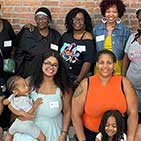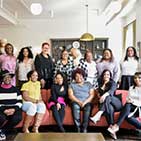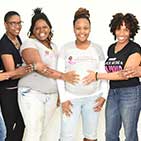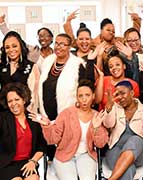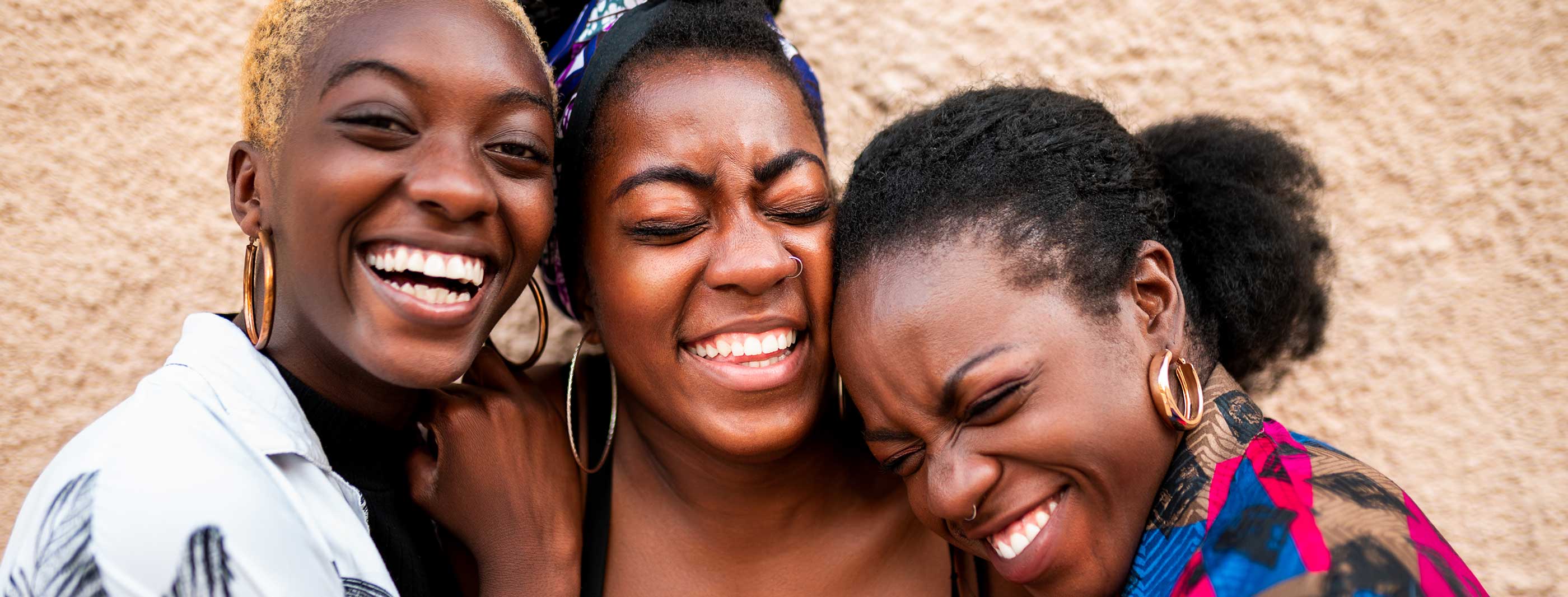In the heart of our communities and families, Black male mental health can go neglected and undervalued because it’s seen as weakness. As we, the women who love them—mothers, partners, sisters—strive to support and understand the unique challenges they face, it’s crucial that we delve into the complexities of Black Male Mental Health. This conversation is not just about acknowledging the struggles but also about fostering an environment where healing and emotional resilience are not only encouraged but celebrated.
The Silent Struggle
The narrative of resilience and strength in the Black community, while empowering, sometimes masks the vulnerability of our Black men. Societal pressures to adhere to traditional notions of masculinity can deter them from expressing emotional pain or seeking help. This silence, a defense mechanism against perceived weakness, exacerbates the mental health challenges they face, from depression and anxiety to stress and trauma.
Breaking the Cycle
As the nurturers of our community, Black women and mothers play a pivotal role in changing the narrative around Black Male Mental Health. Our approach to supporting them starts with open, empathetic conversations. By encouraging our sons, partners, and brothers to share their feelings and vulnerabilities, we’re not just offering them a safe space; we’re affirming that their mental wellness is a priority and that seeking help is a sign of strength, not weakness.

Culturally Competent Support
Finding culturally competent mental health support is paramount. Black men face unique societal and systemic challenges that require understanding and empathy from mental health professionals. As advocates for our loved ones, we can help by researching and connecting them with therapists and counselors who comprehend the nuances of Black Male Mental Health, ensuring they receive care that respects and addresses their specific needs.
Community as a Healing Space
The strength of our community lies in its ability to uplift and support its members. Creating community-based support systems, such as peer groups, mental health workshops, and mentorship programs, can provide Black men with the camaraderie and understanding they need. These spaces can serve as vital resources for sharing experiences, coping strategies, and fostering a sense of belonging and resilience.
Empowering Through Education
Educating ourselves and our communities about the importance of mental health is critical. By understanding the signs of mental distress and the resources available, we can be proactive in our support. Showing our teens resources and educating them is another great way to get ahead of the ball. This education also involves challenging and changing the stigmas around mental health that persist in our communities, making it clear that mental health struggles are not a failing but a part of the human condition that deserves care and attention.
The Role of Black Women and Mothers
As Black women and mothers, our role extends beyond the personal to the communal. We have the power to advocate for systemic changes that address the root causes of mental health disparities affecting Black men, including advocating for better access to mental health services, promoting policies that address socioeconomic inequalities, and challenging narratives that stigmatize mental health issues.
In conclusion, addressing Black Male Mental Health is a collective effort that requires compassion, understanding, and action. As we navigate our own challenges, let’s not forget the men in our lives who may be suffering in silence. By opening up the conversation, providing support, and advocating for systemic change, we can help foster a community where Black men feel valued, understood, and supported in their mental health journeys.




